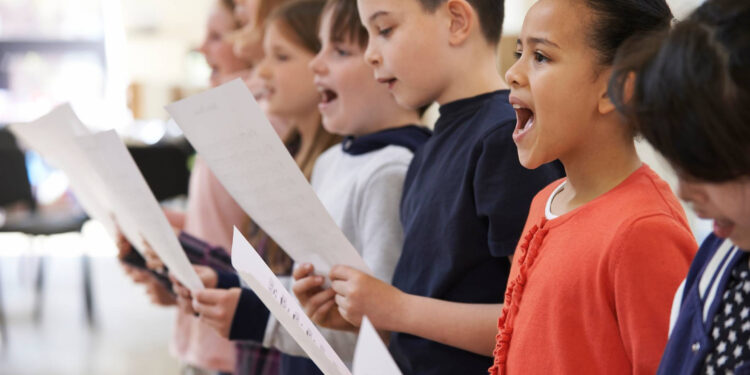Few things rival the sheer delight of witnessing a youngster passionately croon their most cherished melody. Yet beyond its adorable facade, singing emerges as a profound instrument that empowers children to maneuver through life’s intricacies, lending resonance to their voices long after the final note fades—an assertion supported by recent scholarly inquiries.
Doctoral scholar and esteemed classical vocalist Analía Capponi-Savolainen embarked on an in-depth exploration into the vocal expressions of numerous first-grade pupils within a culturally eclectic institution nestled in Finland’s Helsinki region. The pivotal question guiding her investigation: What intrinsic value does singing hold for these young minds?
Far surpassing the conventional realm of performance, her findings illuminate singing as an indispensable medium for navigating the labyrinth of daily existence. “Children employ singing as a sanctuary—a realm of trust and unbridled freedom tailored to their unique aspirations: to endure everyday hardships, to architect novel avenues of interaction and engagement, and to articulate their budding political awareness,” Capponi-Savolainen elucidated in an official statement.
Additional insights emphasize the pivotal role of fostering interpersonal bonds through musical expression, alongside the significance of safeguarding moments dedicated to personal reflection—what she describes as the sacred practice of “singing for oneself.” Simply put, the next time your little one begs for yet another encore of the Frozen soundtrack or insists on commandeering the karaoke microphone, consider it not mere play, but rather a vital exercise in self-discovery and empowerment.




















